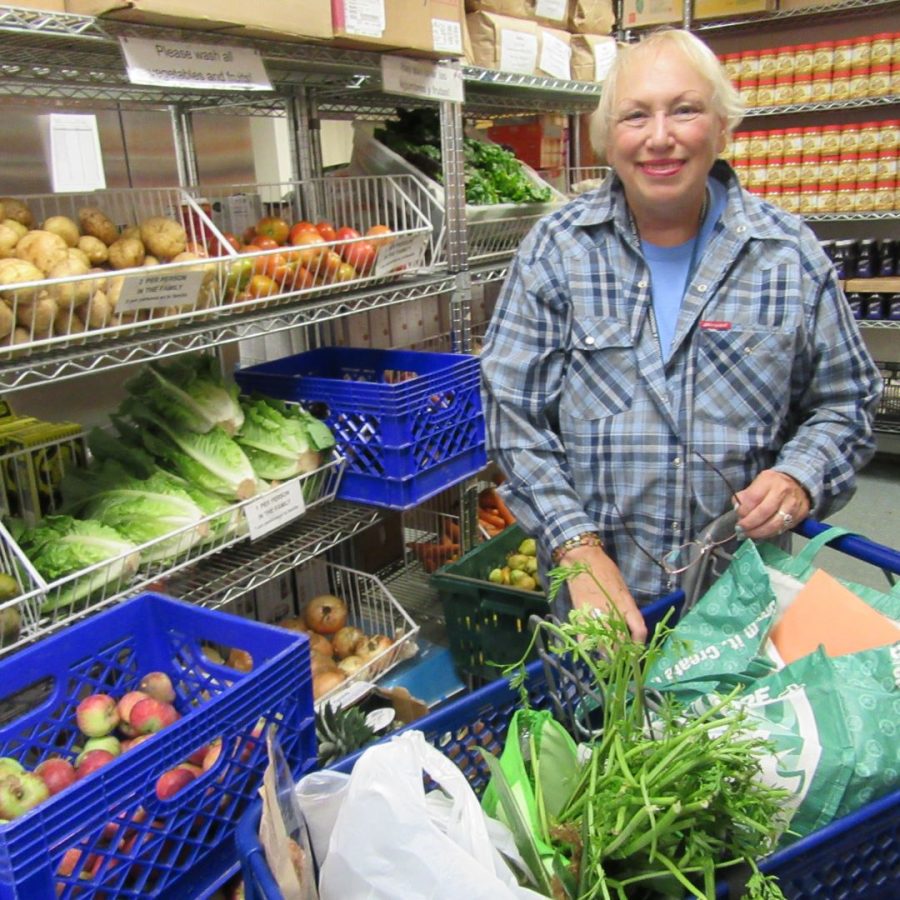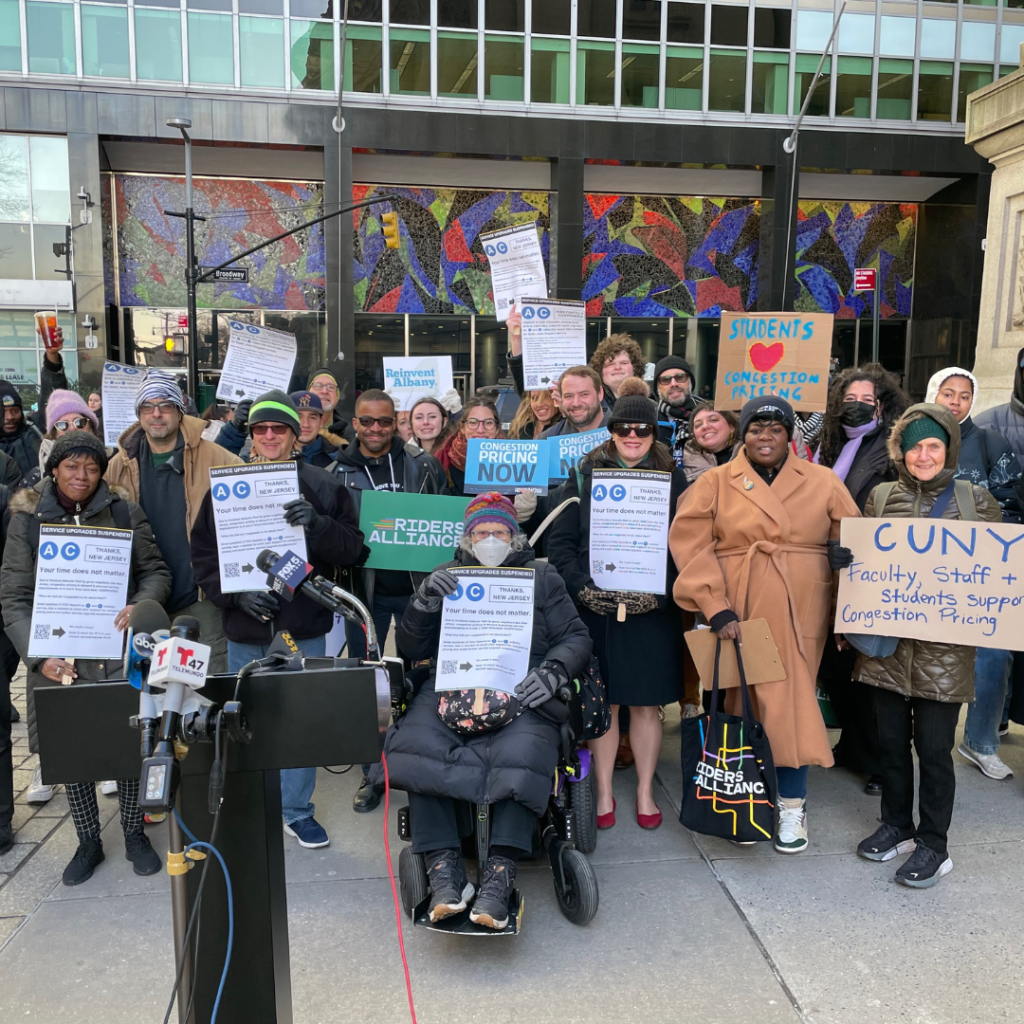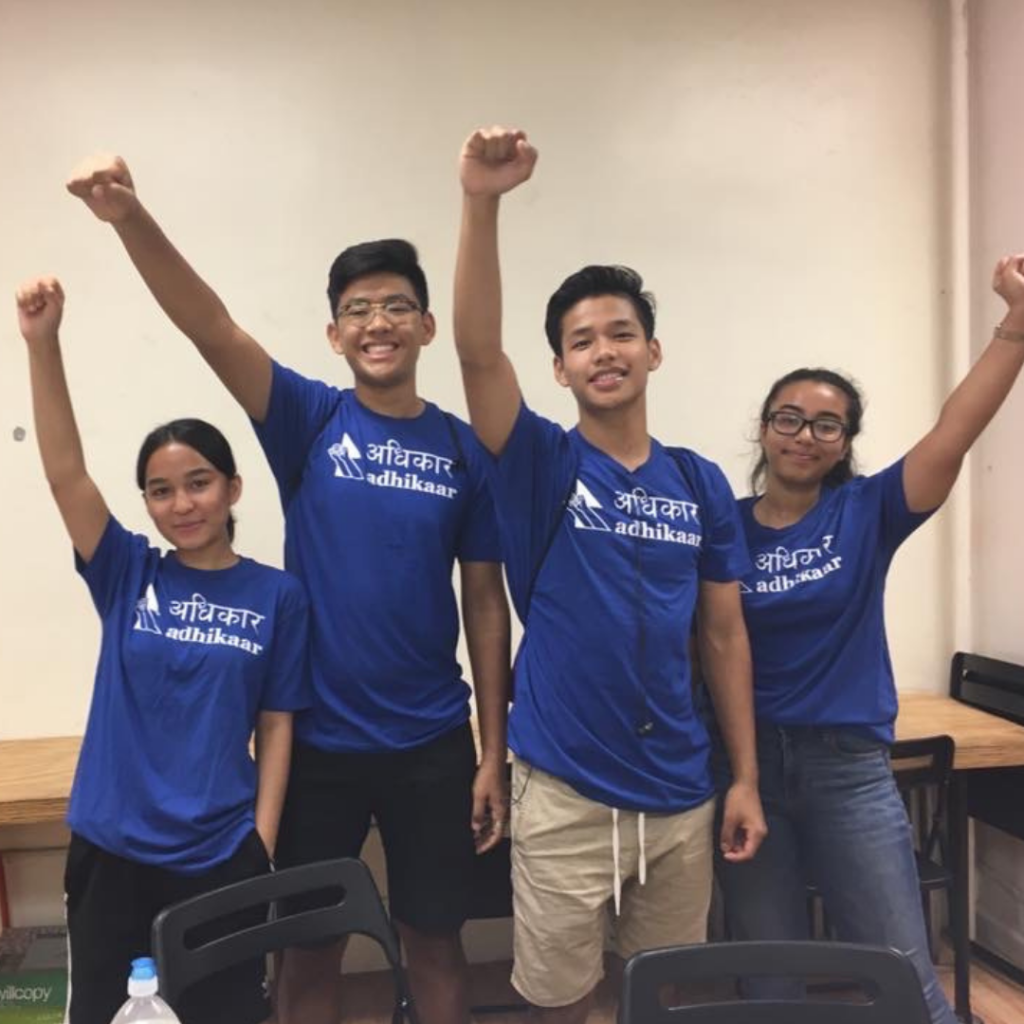Among the growing number of Westchester residents struggling to put food on the table are homebound older adults, families with special medical needs, and newcomers who made strenuous journeys to flee danger in their home countries.
Nonprofits like Episcopal Charities and Hillside Food Outreach are taking this bigger picture into account as they work to address food insecurity in the county. “We wanted to be able to provide clients with foods that they recognize, that they want to eat—to provide dignity to families,” said Lauren Chung, chief advancement and operations officer at Episcopal Charities, of its efforts to offer food and comfort to recently arrived asylum seekers. “Some of these families didn’t expect to be in New York and are dealing with a lot of new things. This was our way of providing a welcome.”
While many New Yorkers associate Westchester County with a comfortable suburban lifestyle and well-resourced public schools, the reality is far more complex. One in three households in the county live paycheck to paycheck and lack access to adequate nutritious food. As housing costs continue to rise, many residents find themselves unable to make ends meet, even for basic necessities.
“Food insecurity isn’t just about hunger. It’s a challenge fueled by unemployment, lack of access to transportation, poverty, and sudden financial hardships,” said Lauren Perkins, a Trust program director for Westchester. “As more and more neighbors struggle to feed their families, rising food costs are also putting a financial strain on the food pantries that are a real lifeline for so many.”
With a grant from The Trust, Episcopal Charities is addressing this issue by running a bulk-buy program for the food pantries and soup kitchens it supports. The nonprofit helps pantries purchase food from wholesalers at lower costs and with fewer administrative burdens.
“A lot of our smaller programs can’t access large wholesalers,” said Chung. “We wanted to meet the need, which is still growing by at least single—if not double—digits.”
Wholesalers offer a greater variety of produce and proteins, allowing partners to provide foods that incorporate cultural culinary traditions—for example, by following halal guidelines—for the growing number of recently arrived asylum seekers in the county.
Episcopal Charities also is using The Trust’s grant to stock pantries with more nutritious foods by working with Hudson Valley farms, through its farm to pantry program, to provide more locally grown fresh fruits and vegetables and support the sustainability of local agriculture. Combined, Episcopal Charities’ programs provide more than 56,000 pounds of fresh food throughout Westchester County each year.
Another grantee, Hillside Food Outreach, works with wholesalers to provide produce and deliver meals tailored to the medical needs of chronically ill clients, many of whom are homebound older adults and families with children. Hillside structured its delivery program to offer comfort and companionship along with nutritious food.
Hillside’s volunteers make monthly deliveries to more than 1,300 homes across Westchester County. Each volunteer serves a maximum of six clients, allowing them to develop personal relationships and provide companionship and emotional support to those who may otherwise feel isolated.
“For many of our clients, proper nutrition is critical to managing chronic conditions like diabetes, heart disease, and hypertension,” said Kathy Purdy, Hillside’s executive director. “You don’t want to just fill someone’s stomach—that’s not helping them in the long run. It’s about more than just delivering food. It’s about enabling them to live their best lives.”
The Westchester Index
To learn more about food insecurity and other county-wide disparities across racial, ethnic, and socioeconomic divides, check out the Westchester Index, an equity-focused community data project. Visit the Westchester Index at westchesterindex.org.




